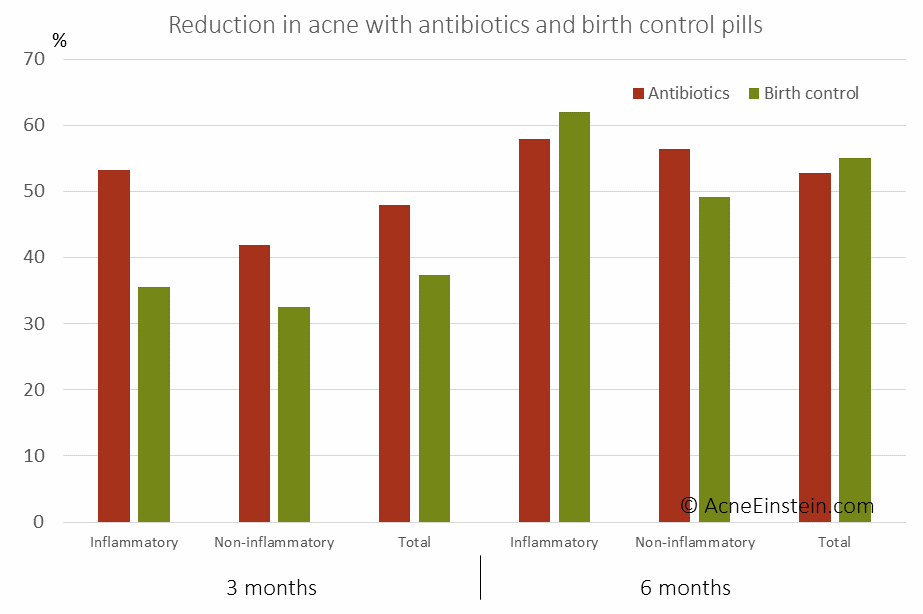The Contraceptive Patch And Antibiotics


The Connection Between Antibiotics and Birth Control Pills. Rifampin also decreases hormone levels in the birth control patch and vaginal ring.
Study after study shows that there are no clinically significant drug interactions* between the vast majority of antibiotics and the birth control pill. Anecdotal evidence fro m health care providers has led some to recommend using a backup method of birth control for a week after using antibiotics. Long-term use (as for acne) does not increase the risk of pregnancy. There are a few antibiotics, such as rifampin and griseofulvin and some HIV medications, that do interact. Ecu Diagnostic Software.
The safest approach is to check with your health care provider or pharmacist for advice specific to your situation. *While some antibiotics may slightly change the absorption of estrogen in the gut, these changes are not enough to change how well the birth control pill works, with the exceptions noted above. Crack Dbsync For Access & Mysql. Answer Taken from the newsletter: 'Pharmacist's Letter' November 11, 2002 TRUTH: Women have been warned for decades to use backup contraception when taking oral contraceptives and antibiotics together. This all started back in the '70s when a few women on oral contraceptives took rifampin and then got pregnant. Additional anecdotal reports started popping up, suggesting that other antibiotics might be related to unwanted pregnancies in women taking oral contraceptives. One theory was that antibiotics killed gut bacteria, which are involved in estrogen absorption.
Researchers later discovered that rifampin and griseofulvin actually increase the metabolism of oral contraceptives, making them less effective. But the evidence for other antibiotics is shaky. In fact, oral contraceptive levels are not DECREASED by most antibiotics.tetracycline, doxycycline, ampicillin, quinolones, and metronidazole. Oral contraceptive levels are actually INCREASED by some antibiotics.erythromycin.clarithromycin.and trimethoprim-sulfamethoxazole. There's growing evidence that most women taking antibiotics with oral contraceptives do NOT have an increased risk of getting pregnant. But most package inserts still warn that another form of contraception is needed when starting antibiotics.
Explain to women taking oral contraceptives that there can be up to a 3% failure rate, regardless of antibiotic use. A small number of women might be predisposed to a higher failure rate due to genetic metabolic variations.but it's difficult to determine who these women are. To be on the safe side, tell women to continue using backup contraception during the entire course of antibiotics and for 7 days after. Explain that sickness or antibiotic side effects such as diarrhea or vomiting can increase oral contraceptive failure.
Although it is not 100% correct to assume that all antibiotics decrease the effectiveness, some women have gotten pregnant when taking antibiotics. There is a warning on all a ntibiotics however stating that they may decrease the effectiveness of oral contraceptives.
And all oral contraceptives come with a drug sheet that says the same thing about antibiotics. Most ppl dont read them. That is why it is wise to have a back up plan: use a condem. REVISION: Antibiotics DO affect your birth control. My husband is a pharmacist, so I have this on good authority. The birth control is ineffective for the time you are on the antibiotics and most pharmacists recommend that you have a back up contraception for the entire month. If you had unprotected sex while on antibiotics you are at risk of pregnancy.